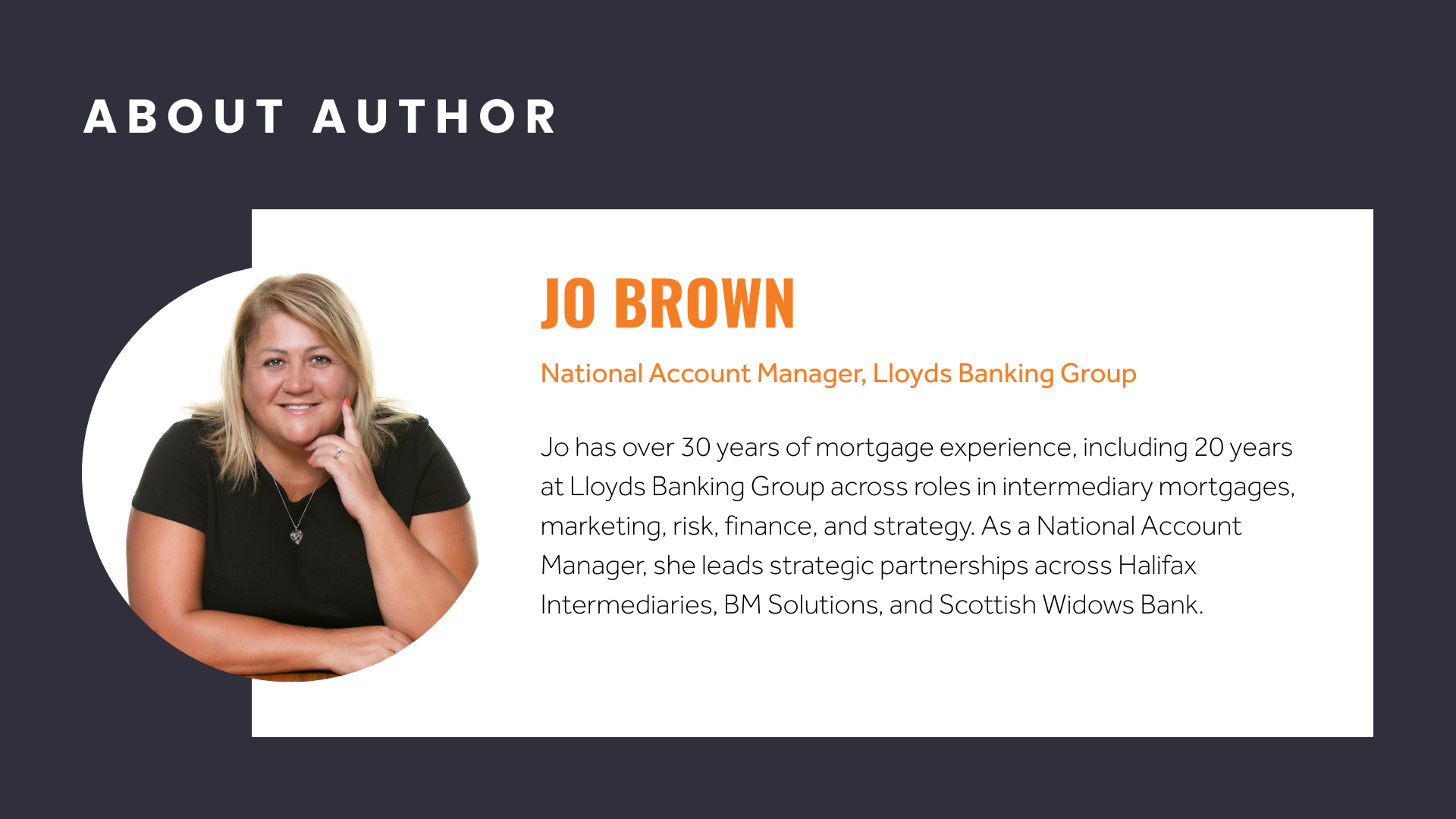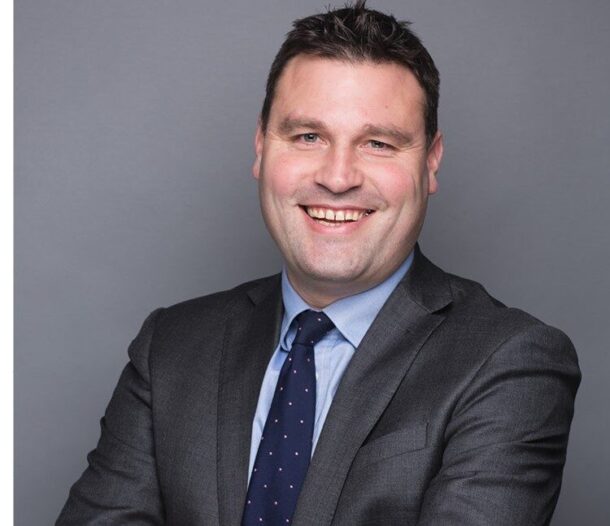When I talk about nurturing clients, I don’t just mean checking in when a deal is coming to an end. I mean understanding their wider financial picture, anticipating their needs, and staying in touch in a way that builds trust over time. That’s more important now than ever.
Over the next two years, we’ll see a significant number of fixed-rate mortgage deals reach maturity. Some customers will experience a welcome drop in their monthly payments, particularly those coming off shorter-term products secured when rates were at their peak. Others, especially those on five-year deals taken out in the low-interest environment before the pandemic, are likely to face a sharp rise.
The scale of this shift presents a real opportunity for mortgage advisors to do what they do best: support customers through change. But support shouldn’t begin just a few weeks before a deal ends. Advisors who are proactive and begin those conversations early are not only helping their clients make informed decisions – they’re also showing they can be relied on long-term.
Nurturing Means Long-Term Relationship Building
Nurturing is about keeping those lines of communication open. It means being on hand, even when there’s no immediate transaction to be made. For example, a first-time buyer who isn’t mortgage ready yet still benefits from sound advice, whether that’s about saving for a deposit or improving credit. Helping someone take those early steps might not result in a mortgage this month, but when they’re ready, they’ll remember the advisor who took the time to listen and guide them.
It’s the same principle for customers coming to the end of a deal. A remortgage is more than just a rate switch. There may be opportunities to restructure their mortgage term, move to or from interest-only, or release funds for a specific purpose. Some clients may now be in a better position to consider protection products they weren’t able to afford previously. Others may be facing increased outgoings and need support reviewing their options in light of affordability.
Understand the Person Behind the Mortgage
In every case, the fact-finding conversation is critical. It’s not just about what product is on offer – it’s about what’s changed in that person’s life since the last time you spoke. Maybe they’ve started a family, changed jobs, or had other life events that now mean they have different priorities. A mortgage advisor who can take the time to understand that broader context is far more likely to give meaningful advice – and to retain that client in the years ahead.
Importantly, this isn’t just a residential market issue. Advisors should also be thinking about their buy-to-let clients, many of whom will be navigating similar pressures as fixed terms come to an end. The same principles apply: regular contact, clear information, and looking beyond the immediate rate to what else might be relevant.
From Transactional to Trusted: The Value of Consistent Engagement
The best client relationships aren’t built overnight. They’re built through consistent, thoughtful engagement. By focusing on that – on nurturing rather than selling – advisors can position themselves not just as someone who finds a good deal, but as someone who can be trusted through all the chapters that follow.


Cornerstone Podcast Series
Join us for expert insights, real conversations, and fresh perspectives from across the financial services world.






